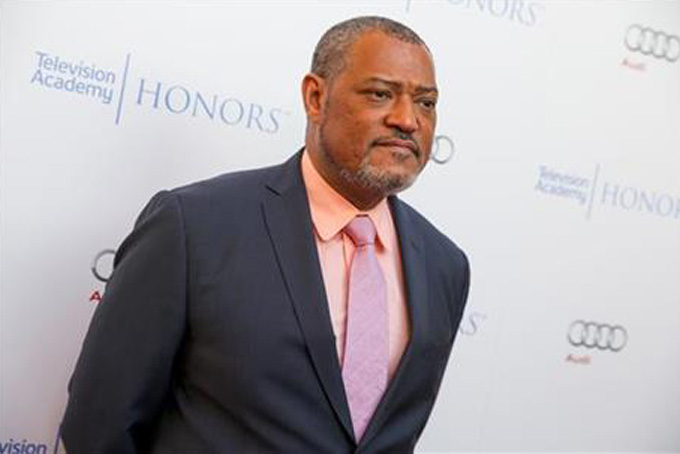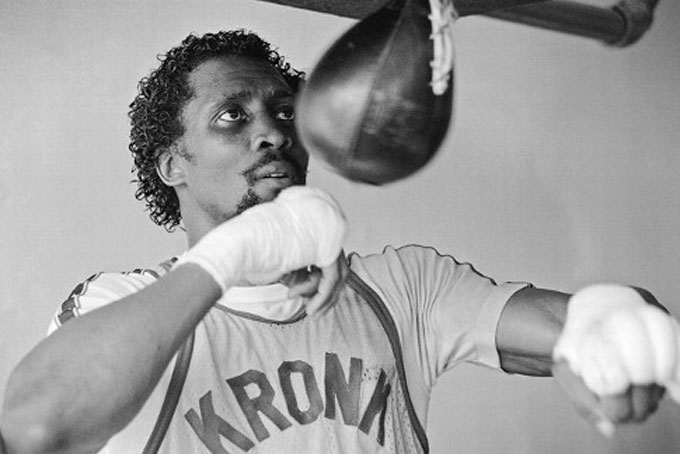Nation of Islam founder Elijah Muhammad calls for an all-Black state in America during a speech in New York City.
July 27
1919—The infamous Chicago Race Riot of 1919 begins. It would last for several days and require 6,000 National Guardsmen to put it down. The Chicago disturbance was the bloodiest of 25 race riots which took place in cities throughout the country. In fact, the summer of 1919 became known as the “Red Summer” because of the wide spread number of racial conflicts. In Chicago, the rioting was started by White gangs harassing the large number of Blacks who had moved to the city for wartime jobs created by World War I. In addition to harassing and beating Blacks, the White gangs invented “drive-by shooting” as they drove through Black neighborhoods firing rifles and pistols. Young Blacks formed mobs of their own and began retaliating. When it was all over 15 Whites and 23 Blacks were dead; more than 500 people had been injured and another 1,000 left homeless.
July 28
1868—The 14th Amendment to the U.S. Constitution is ratified formally making former Black slaves citizens of the United States. Many scholars consider this the most important amendment to the Constitution. In addition to making Blacks citizens, it contains both the Due Process Clause and the Equal Protection Clause. These clauses have been used to guarantee a wide range of rights for all U.S. citizens. The 14th Amendment was passed, in part, to overturn the “Black Codes” being adopted in many Southern states after the Civil War. The Black Codes were an attempt to give Blacks official second class status in America by, among other things, limiting their rights to vote, sue a White person or testify in court.
1915—United States Marines begin the first American occupation of Haiti. The official justification was that disturbances on the predominantly Black island might allow Germany’s Adolph Hitler to infiltrate troops into the Americas. But the U.S. invasion was driven in large measure by a desire to put down a popular rebellion which threatened the rule of Haiti’s dictator and American business interests. More than 2,000 Haitians were killed in the early weeks of the occupation which did not end until August of 1934.
1917—The NAACP organizes an 8,000-person strong “silent march” down New York’s Fifth Avenue to protest lynching and other brutalities against African Americans. The marchers were particularly outraged by the July 2, 1917 massacre of Blacks in East St. Louis, Ill. President Woodrow Wilson (considered by many Blacks to be a racist) had just taken America into World War I under the theme of “Making the World Safe for Democracy.” Many of the marchers carried signs reading “Mr. President, why not make America safe for democracy?”
2009—Death of the flamboyant Rev. Ike is announced. At his height in the mid-1970s, Rev. Frederick J. Eikerenkoetter reached an estimated 2.5 million African Americans with his New York-based spiritual and financial betterment radio program. However, critics often described him as a “hustler” and a “scoundrel” who exploited poor Blacks by selling “healings” and “prayer clothes.” He died in California but was born in Ridgeland, S.C.
July 29
1870—Pioneering boxer George Dixon is born in Nova Scotia, Canada. Little is known today but Dixon had an absolutely amazing boxing career. He pioneered much of modern boxing including training techniques such as the suspended punching bag and shadow boxing. He was the first Black person to win a world boxing title. Dixon was known as “Little Chocolate” because he stood only 5’3” tall and weighed around 90 pounds. Despite his diminutive size he won 78 fights—30 by knock out. He was known for his lightning fast speed. Dixon died in New York in 1909. He is buried in Boston, Mass.
July 30
1863—President Abraham Lincoln issues his famous “eye-for-an-eye” order. The order was basically a threat aimed at stopping the Confederate practice of killing captured Black soldiers instead of imprisoning them. Lincoln threatened to kill one captured rebel soldier for every Black soldier killed by the Confederates. In addition, he pledged to condemn one captured rebel soldier to life in prison at hard labor for every captured Black soldier sold into slavery by the rebelling Southerners. The order did not stop the Confederate practice of killing captured Black soldiers, but it did have a restraining effect.
1945—Activist minister Adam Clayton Powell Jr. is elected to Congress from Harlem, N.Y., becoming one of only two Blacks in Congress. The other was William Dawson of Chicago. Powell, however, would become the first truly powerful Black political figure on Capitol Hill. By 1961, he headed the influential Education and Labor Committee in the House of Representatives. Powell would steer more than 50 pieces of legislation through Congress. He also passed legislation making lynching a federal crime and bills to desegregate public schools and the military. In addition, he almost single handedly stopped Southern Congressmen from using the word “Nigger” during sessions of Congress. Despite his political influence, Powell constantly maintained that “Mass action is the most powerful force on earth.” He died on April 4, 1972.
July 31
1874—Father Patrick Francis Healy becomes the first Black president of a major White university when he is inaugurated on this day as president of Georgetown University. Healy was also the first African American to earn a PhD. However, racial prejudice forced him to earn his degree in Europe not the United States. Healy was born in Macon, Ga., in 1834 to a Black slave woman and a White plantation owner who decided to acknowledge his five bi-racial children. They were all sent north to be educated. Although some felt he could have passed for White, Healy openly acknowledged his African ancestry. Healy died in 1910.

1960—Nation of Islam founder Elijah Muhammad calls for an all-Black state in America during a speech in New York City. Muhammad was a fearless critic of American discrimination against and the mistreatment of Blacks and he also advocated independent, Black owned businesses, institutions and religion.

1961—One of Hollywood’s most talented and versatile performers and the recipient of a truckload of NAACP Image awards, Laurence John Fishburne III is born on this day in Augusta, Ga. He began his acting career in his first play, “In My Many Names and Days,” at the age of 10.
August 1
1619—This is possibly the day that the history of Blacks in America begins. However, no one knows for sure the exact day that the ship arrived in Jamestown, Va., carrying at least 20 Africans who were sold as indentured servants. There is some authority that the ship arrived in late August. All that appears certain is that the month was August and the year was 1619—the beginning of Black History in America.
1834—Slavery is officially abolished in all British territories. It would take another 31 years and a Civil War before it was abolished in America.
1920—The national convention of Marcus Garvey’s Universal Negro Improvement Association begins at Liberty Hall in Harlem, N.Y. The next night Garvey addresses more than 25,000 Blacks at Madison Square Garden. This period represented the height of the Garvey movement and the Black nationalism (non-integration with Whites) tendency within Black America. Garvey built the largest Black mass movement in history advocating Black pride, independent Black businesses and institutions as well as a strong and united Africa. He also brought motivation and showmanship unlike that of any other Black organization before or since.
August 2

1924—A man who would grow up to become one of the most prolific and complex Black writers of the 20th Century is born on this day in New York City. James A. Baldwin was a novelist, short story writer and poet. His works frequently had racial and sexual themes. In addition, he penned powerful essays on the Civil Rights Movement. Baldwin’s homosexuality is believed by many to have been a result of being raised by a “hard and often brutal father” and a submissive mother. Among his best known works are “Go Tell It on the Mountain,” “Giovanni’s Room,” and “The Fire Next Time.” In that last book, he predicted major upheavals in America if profound efforts were not taken to resolve the nation’s racial problems. He wrote, “If we do not now dare everything, the fulfillment of that prophecy, recreated from the Bible in song by a slave, is upon us. God gave Noah the Rainbow sign, no more water, the fire next time.” Baldwin died in France on Nov. 30, 1987.
1966—The Charles R. Drew Post Graduate Medical School (now Charles R. Drew University of Medicine and Science) is chartered in Los Angeles, Calif. The school was named in honor of the foremost Black doctor and research scientist of the first half of the 20th Century. Drew did pioneering work in blood transfusions and in the development of blood plasma. Drew’s life was cut short on April 1, 1950 as a result of an automobile accident in North Carolina.

1980—Thomas “Hit Man” Hearns wins the WBA welterweight title. It was one of the titles he won in five different weight classes. Hearns was the first Black boxer to achieve that feat.